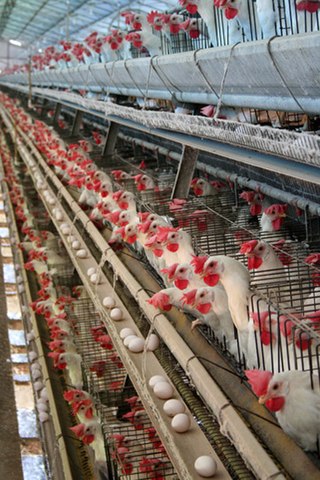
Published on September 24th 2023 | 2 mins , 310 words
Poultry Production Notes
Parts of an egg
Shell
It is the outer covering of the egg consisting of calcium and phosphorus compounds which makes it hard.
Functions.
- It gives the egg its shape.
- Protects the inner parts of the egg.
- It allows gaseous exchange because it is porous.
- Prevents entry of micro-organisms.
Shell membrane
It forms the inner lining of the shell.
It is made up of two membranes
(inner and outer) whose contact is
not easy to identify.
They separate at the broad end to
form air space/air sac/air cell.
Functions.
- Outer and inner membranes
- separate to form air space.
- The air trapped is used by the developing
- embryo during incubation.
- Determine the egg shape.
- Protect the inner parts of the egg.
Air space/air sac/air cell
It is formed at the broad end of the
egg enclosed by two membranes.
It is used for gaseous exchange.
Formation.
It is formed immediately after the egg is laid.
The body temperature in a hen is
higher than outside.
Once the egg is laid the lower
the temperature on the outside causes the contraction of the egg contents creating a space filled with
air.
The yolk
It is yellow in colour and spherical.
It contains nutrients (i.e. vitamins, fats, minerals, and proteins).
Functions.
- Stores nutrients for the embryo.
- Carries the germinal disc which develops into the embryo
Albumen/Egg white.
It is a jelly-like colourless fluid
when fresh and turns white
when cooked.
Functions
- Surrounds the yolk
- Stores food for developing embryo/ chick.
- Acts as a shock absorber
The chalaza
It is a white dense mass of fluid.
It consists of two twisted cords.
Functions.
- Hold the yolk in the central position of the egg
- The two chalazae hold the yolk from both ends of the egg
- ensuring the egg yolk/germinal
- disc always moves to the top position.
- This is important during incubation for the purpose of heat transfer to the developing embryo